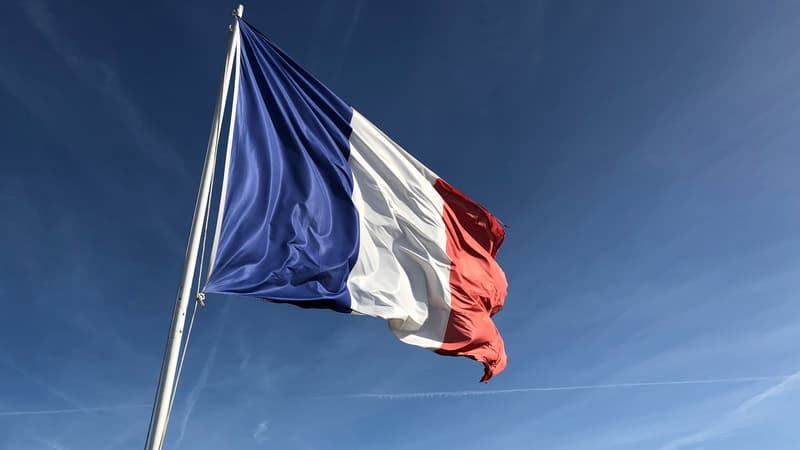The International Monetary Fund (IMF) on Monday “adequate the budget adjustment in the medium term planned” by the French government to try to control the public deficit of France, which skated in 2024.
In an annual report that the Washington institution becomes public for almost each of its member countries, recalls that “despite the efforts to control the expense, the orientation of the budget was again expansionist in 2024”: the deficit of France fell to 5.8% of GDP, much more than the 4.4% initially anticipated.
Since then, the French government has repeatedly indicated that they want to save savings to recover the public deficit below 3% of GDP by 2029, without revealing for the specific savings time by 2026.
Prime Minister François Bayrou should do so on Tuesday.
Structural reforms
“The medium -term budget adjustment provided by the authorities is adequate to strengthen public finances and must be supported by (…) a set of credible and well designed measures,” he wrote.
For the IMF, the “priority” of this “budget sanitation” must be “the rationalization of current expenses” of the “administration” and “social security”.
The institution recognizes that the “commitments” are “difficult in the national and international context”, a particular reference to the absence of an absolute majority for the government’s coalition in the National Assembly.
Among the possible savings routes that could be revealed on Tuesday is that of the “White Year”, an frost in 2026 of expenses and retirement pensions in 2025, without revaluation linked to inflation.
For the IMF, “the French economy showed resilience” in 2024 in the face of “strong uncertainty.”
The fund welcomed “the deflation that progresses well” – inflation increased to 1% in June against 2.5% in June 2024, and a “labor market that remains robust”, with several employment applicants in the first quarter of 2025.
Source: BFM TV


